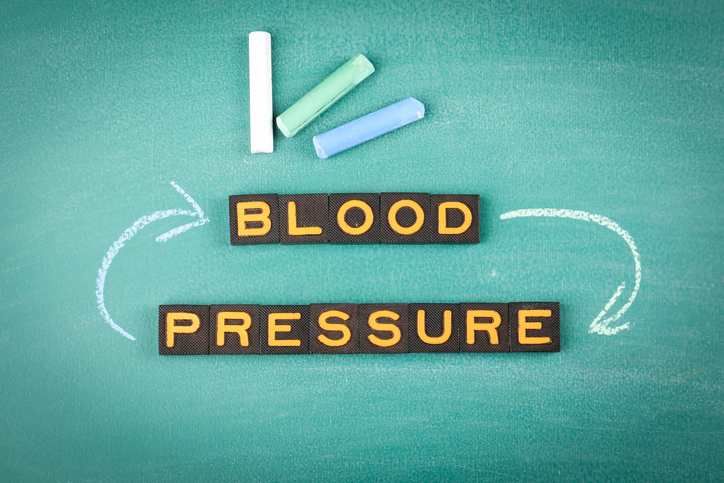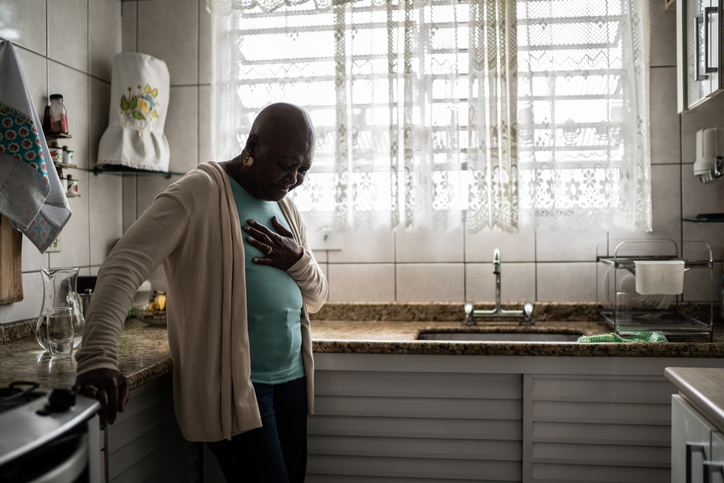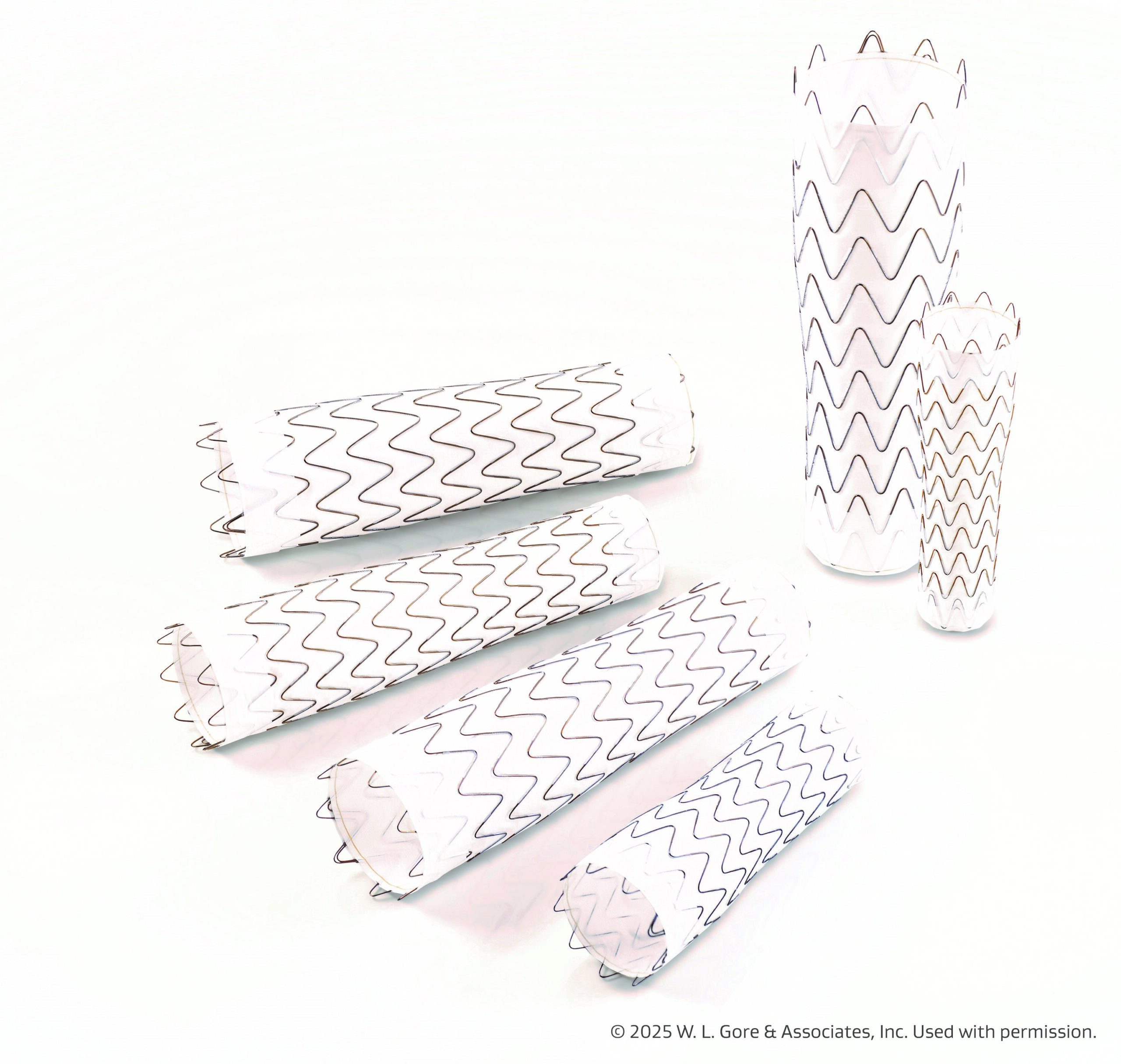
Acute decompensated heart failure (HF) is the leading cause of hospitalization in older U.S. patients and is associated with persistently high rates of rehospitalization, as well as high mortality. Several therapies have been developed for patients with chronic HF that improve clinical outcomes by reducing mortality and hospitalization rates.
However, the same cannot be said for therapies for acute decompensated HF. To better develop therapies for this patient population, “we have to better understand the key drivers of outcomes,” said Ambarish Pandey, MD, MSCS, of the UT Southwestern Medical Center, who discussed this topic during a session titled, “Exercise in the Elderly HF Patient: REHAB-HF and Evidence for Intervention” at the American College of Cardiology Annual Scientific Session.
The average age of patients with acute decompensated HF has been increasing, as has the burden of comorbidities. A key determinant of outcomes in this patient population is frailty, said Dr. Pandey. Frailty can be determined using the Fried Criteria, including three of the following: self-reported exhaustion, weight loss >10 lbs/year, weakness (grip strength), decline in walking speed, and low physical activity.
A 2018 study by Yang et al., found that frailty was significantly associated with an increased hazard for mortality, as well as incident HF hospitalization. As patients with chronic HF transition to the acute decompensated HF stage, physical function worsens. This is further exacerbated by hospital processes, including prolonged bed rest and immobility that leads to acute muscle loss.
Exercise training has been associated with improved functional capacity and quality of life in patients with chronic HF, according to a 2009 study by O’Connor et al. Patients with acute decompensated HF have lower exercise capacity and worse functional status. However, older, frail patients with acute decompensated HF that may be likely to benefit from an exercise training intervention have not been tested and approved for cardiac rehabilitation.
To assess this knowledge gap, researchers conducted the randomized, attention-controlled REHAB-HF pilot trial at nine sites and included 27 older patients (>60 years) with acute decompensated HF. The study intervention was a tailored, progressive, multi-domain physical rehabilitation program with a goal to improve balance, strength, mobility, and endurance. Exercises were customized to patient functional level. The intervention began in the hospital with daily 30-minute sessions. Following discharge, patients engaged in 60-minute sessions three times per week in the outpatient setting for 12 weeks. After 12 weeks, patients continued unsupervised home-based exercise.
From baseline to three months, change in Short Physical Performance Battery score (primary endpoint) and six-minute walk test were meaningfully higher in the intervention group. In addition, six-month all-cause rehospitalization rates were significantly lower (by 29%) in the intervention group. The number of six-month all-cause rehospitalization days was 46% lower in the intervention group.
Based on these findings, the trial is now being conducted as a multicenter study with plans to include more than 300 patients. If the expanded study has positive outcomes, it would pave the path for the implementation of a novel physical rehabilitation intervention in older patients with acute decompensated HF to improve clinical outcomes and costs, Dr. Pandey concluded.







 © 2025 Mashup Media, LLC, a Formedics Property. All Rights Reserved.
© 2025 Mashup Media, LLC, a Formedics Property. All Rights Reserved.